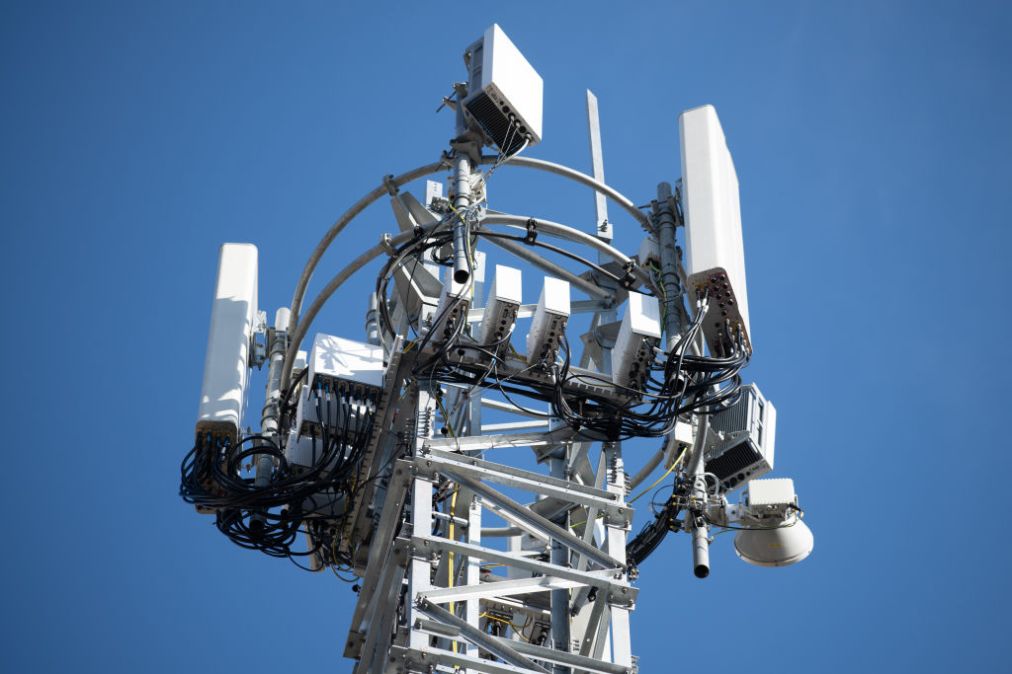DOD experimenting with 5G tech to avoid interference with aviation equipment

The Department of Defense has been working to ensure the activation of new commercial 5G network signals won’t interfere with its aviation communications equipment as those in the commercial airline industry fear it might.
The DOD’s testing comes as commercial airlines wrestle with possible disruptions due to the launching of new 5G services this week near airports. Regulators and airline industry representatives have voiced concerns that the networks could interfere with some instruments used to fly and land aircraft, causing some international carriers to cancel or modify flights.
The DOD faces the same concerns with its aircraft, the department has been exploring the issue of interference at one of its “5G test beds” since December, Chief Technology Officer Heidi Shyu said.
“One of the activities that we are demonstrating at Hill Air Force Base is exactly that,” Shyu said during a virtual appearance at the Potomac Officers Club on Tuesday.
The test bed in Utah is but one example of how the military is working with private companies and allowing them access to military bases to develop 5G and test the new tech in controlled environments. The DOD sees the deals are win-wins — allowing the military to modernize bases with the latest tech while the partnering companies are paid to experiment and find ways to eventually deploy 5G to the open market.
The goal at the Hill Air Force Base test site is to make “sure we can field 5G and not interfere with military aviation systems,” Shyu said.
Such has become a critical part of the nationwide rollout of 5G, which promises to deliver faster network latency that can handle greater amounts of data. For the military, 5G could bring more capable battle networks — but the fears about the impact on aviation equipment are also present. Shyu said: “We are in the process of assessing that at Hill Air Force Base.”
The experiments are testing new tools in the 3.3-3.45 GHz band, with an expected push into the 3.1-3.45 GHz band scheduled for May, she said.
The DOD is also conducting other 5G experiments on spectrum sharing, including artificial intelligence-based devices that can automate some of the spectrum sharing load.
“I’m glad to hear the military is doing this work,” Greg Guice, government affairs director for the policy advocacy group Public Knowledge, said.
But, he added the solution will have to be both technical and policy-based to work out who can use certain bands of the the radio frequency spectrum.






